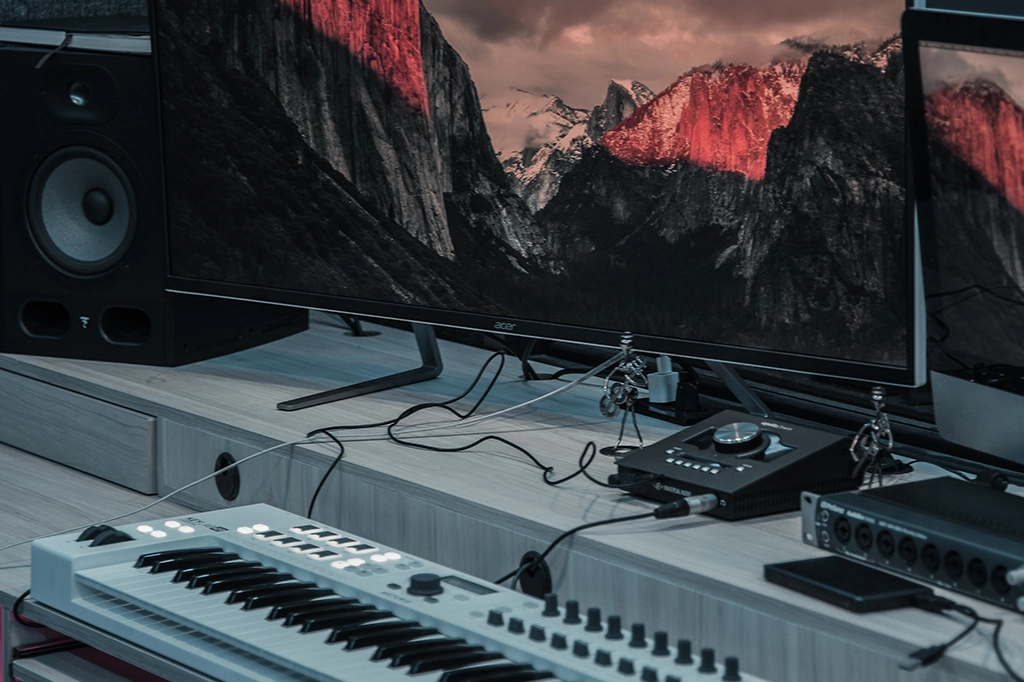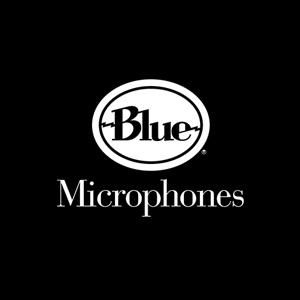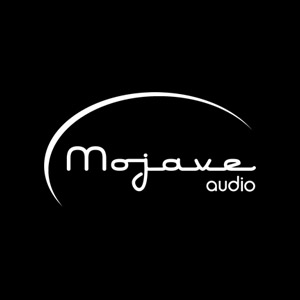How to be Successful in the Audio Industry – Part 5

This week’s contribution for our Series is from our graduate, Kris Pierce. He is currently a Sound Supervisor at the Theatre for a New Audience in New York City. Here is his list of traits that every good sound intern should possess, check it out!
Top Ten Traits Of A Good Sound Intern!
#1. Always Be On Time
And by “on time” I mean fifteen minutes early. Fifteen minutes early is on time, on time is late, and late is fired. I’ve always tried to be at work before my boss. That didn’t mean I had to start working right away, but I’ve never wanted my boss to be waiting on me. It’s better if I was waiting on them.
#2. Come to work with tools
I carry my tools with me everywhere I go because I never know when I might find myself at a random venue or studio that needs help. I also try to never show up to a work call without them. They should include:
- Multitool (Gerber or Leatherman) that can be attached to belt and secured.
- Headlamp – because sometimes you’ll need both hands while working in the dark and flashlights don’t taste very good.
- C-wrench – with some sort of tether (either tie line or curly phone cord) that can clip to your belt buckle or, at the very least, loop around your wrist. That way if you need to drop it, it’s not going to go far. Don’t get one of those 6” wrenches either. We call them “designer’s wrenches” because only people who don’t want to do any work get them. An 8” C-wrench is the best!
- Small flashlight that can attach to your belt.
- Heat resistant gloves.
- (And to be a superhero) Socket wrench with a 3/4” socket. Most C-clamp bolts are 3/4” and there will be moments when tightening one with a C-wrench or multitool is just lame and tedious.
*NOTE: All of your tools should be able to attach securely to yourself. You don’t want a tool to drop on someone’s head. If it isn’t tethered to your body, and it could potentially fall on someone, be sure to call out “Loose hardware!” before you use it. (This will normally be followed by other crew members responding, “Thank you, loose hardware.”)
#3. Be able to troubleshoot like a boss
#4. Know your signal flow, know your signal flow, know your signal flow!
#5. Memorize the patch bay
I was in a session at Electric Lady Studios once where we couldn’t get a Focusrite Preamp to pass signal and the engineer must’ve been working on it for an hour. Since I was the assistant, I had been sitting by the patch bay all night and was systematically memorizing the patch bay lines. When I checked the connections on the back of the desk that the Focusrite was plugged into, I noticed that the patch coordinates on the desk label didn’t match the patch bay labeling. I told the engineer I might have figured something out, switched the patch at the bay, and it started working. Turns out the patch bay was labeled wrong and no one knew it.
The engineer said, “Now THAT’S what a good intern is.”
#6. Keep chatting about non-work related stuff to a minimum
Keep non-work or non-project related chatter for breaks. For one, it looks like you’re invested and interested in the project and two, most people are more productive when not chatting up a storm. Actually, the less you talk, the better. You’re a professional listener, not a professional fill-up-the-air-with-words person. But, don’t forget to be fun and friendly!
#7. Admit when you don’t know how to do something
Unless it’s stupid simple and you are confident you could figure it out, don’t be afraid to ask, “Can someone show me how to do that?” No one wants to go behind you and redo your work. Feel free to ask questions, but if you’re asking a ton of questions, then we start to wonder if you know what you’re doing.
#8. Take lunch and dinner breaks with your fellow crew members
Even in New York, the industry is really small and you can never assume that someone you’re working with wouldn’t be in a position to hire you later. We all hire our friends. So be friendly, break together, lunch together, and resume work together.
#9. Take directions well
Understand that, as an intern, you have less field experience than probably everyone else on the team. Sometimes you’ll be able to have input and sometimes you won’t. Don’t take it personally and don’t constantly try to make a statement by pushing your ideas on the team. We won’t hire you back if you do.
#10. Stay focused
All of us are paying attention to how many times you pick up your phone, or if your eyes are wondering, or if you’re zoned out. Stay in the moment.
Extra Credit: Use your phone to take pictures of the gear, patch bay, console, etc. As long as you’re not right in the middle of doing something else work-related. I tend to document and take pictures of everything.
























